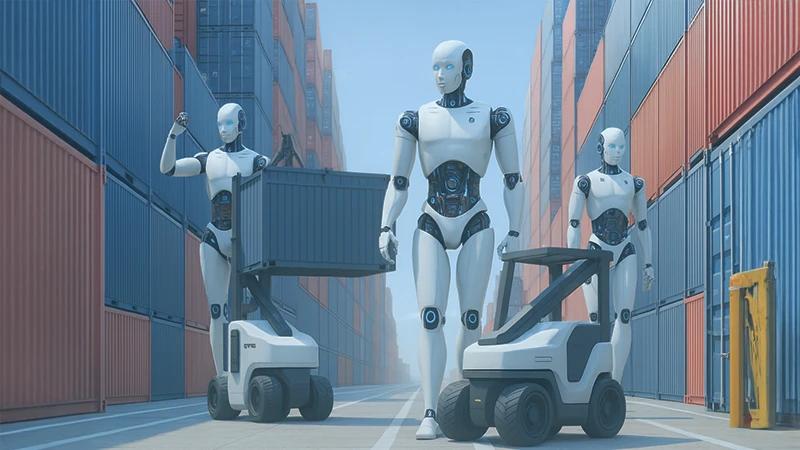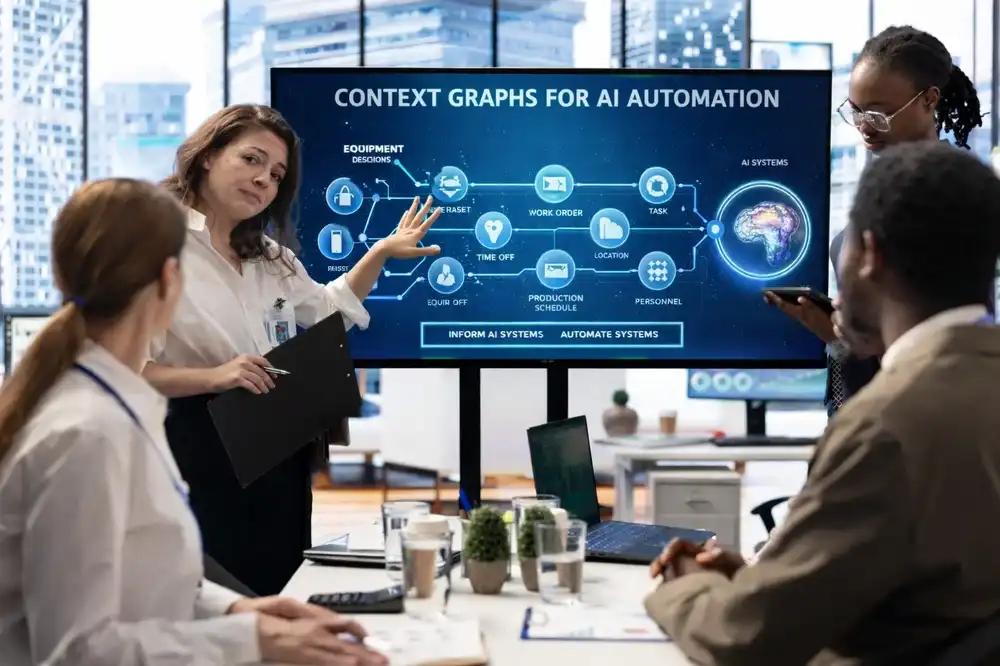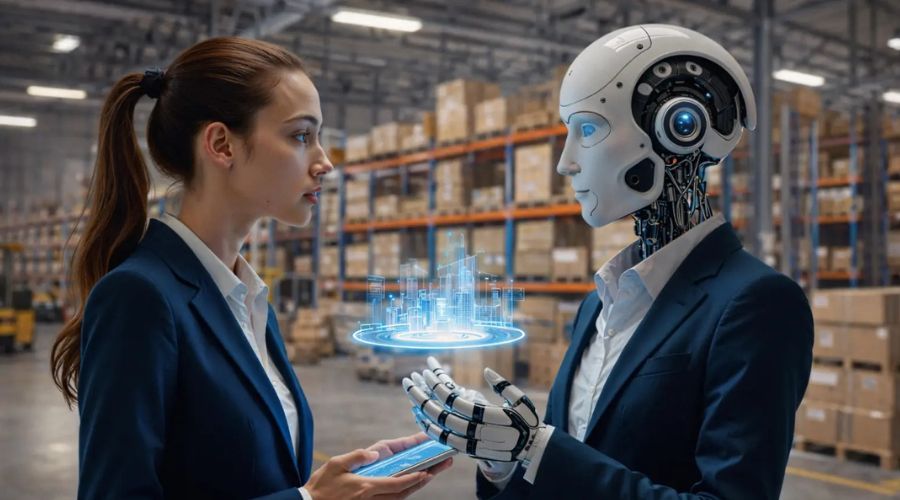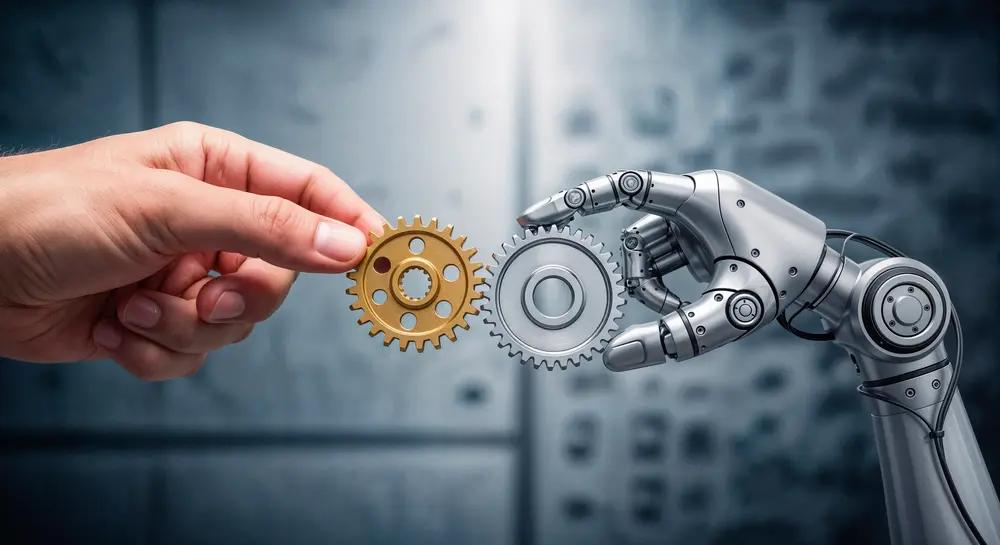A single delay at a major port can ripple across 20 countries in just 24 hours. In today’s hyperconnected economy, global supply chains are marvels of coordination but also systems of fragility. Geopolitical tensions, climate extremes, and unexpected disruptions have exposed how easily production and logistics can grind to a halt.
Traditional systems react after disruptions happen. What organizations need now is the ability to anticipate, adapt, and act instantly and that’s exactly where AI Agents enter the scene. These autonomous systems don’t just process data; they make real-time decisions across complex networks, building a new layer of resilience into global operations.
AI Agents in supply chain management are intelligent systems that detect disruptions early, make autonomous decisions, and execute recovery actions to maintain continuity.
The Evolving Nature of Global Supply Chain Disruptions
What are the biggest risks disrupting global supply chains today?
Supply chains now face more interconnected, unpredictable disruptions than ever before:
- Geopolitical volatility: Trade restrictions and regional instability rewrite sourcing maps overnight.
- Extreme weather events: Floods, heatwaves, and droughts disrupt production and logistics.
- Supplier fragility: Smaller vendors face financial and operational breakdowns.
- Logistics bottlenecks: Port congestion, labor strikes, and fuel shortages delay goods for weeks.
Traditional systems were built for visibility, not agility. As Gartner notes, “Visibility shows what’s happening. Resilience is what happens next.”
AI Agents close that gap turning insights into autonomous action.
What Are AI Agents And Why Do They Matter in the Supply Chain?
AI Agents are autonomous digital systems that observe their environment, analyze patterns, and make context-aware decisions aligned to business goals. Unlike static automation or traditional machine learning models, AI Agents predict and act.
Key capabilities include:
- Predictive Sensing: Detects early signals of disruption using IoT data, news, and supplier metrics.
- Adaptive Decisioning: Choose optimal responses in real time.
- Autonomous Execution: Directly update ERP, procurement, or logistics systems.
- Continuous Learning: Improve accuracy from every outcome.
Example:
When an AI Agent detects a logistics delay in Shanghai, it can switch shipments to another port, notify distributors, and recalculate delivery times all within minutes.
That’s the difference between reacting and resiliently responding.
How Do AI Agents Build Supply Chain Resilience?
The Three Pillars: Predict, Prevent, Pivot
Predict
AI Agents analyze continuous data streams from IoT sensors, ERP, and global feeds to detect anomalies and risks management sometimes weeks in advance.
Prevent
Once a threat is identified, agents autonomously initiate corrective actions.
Example: If a supplier’s reliability score drops, the system automatically begins onboarding an alternate vendor.
Pivot
When disruptions strike, agents dynamically reroute logistics and rebalance inventory.
Case: During lockdowns, an FMCG company used AI Agents to reroute last-mile deliveries and maintained 98% SLA compliance.
The AI Agent Resilience Loop
| Stage | Function | Example |
|---|---|---|
| Sense | Capture multi-source data in real time | Detect port closure or supplier delay |
| Decide | Analyze and prioritize responses | Evaluate cost and impact |
| Act | Execute autonomously | Rebook transport or shift inventory |
| Learn | Measure and improve | Refine prediction accuracy |
This continuous Resilience Loop allows supply chains to evolve from reactive systems to self-healing ecosystems.
Where Are AI Agents Already Making an Impact?
1. Demand Forecasting and Inventory Optimization
AI Agents dynamically rebalance inventory across warehouses. A global retailer reduced overstock by 18% and improved order fulfilment by 22%.
2. Logistics and Route Optimization
During extreme weather, AI Agents reroute shipments and adjust capacity to maintain continuity.
3. Procurement and Supplier Risk Management
Agents assess supplier health using financial, ESG, and regional data, automatically triggering contingency sourcing when thresholds are breached.
4. Sustainability and Emission Optimization
They recommend low-carbon routes or vendors, balancing cost and ESG goals.
Real-World Leaders Using AI Agents
- Maersk: Predictive logistics agents optimize global routes.
- Unilever: Autonomous ai agents for demand forecasting and adaptive manufacturing.
- IBM: AI-powered Sterling Suite for proactive disruption response.
- Siemens: Real-time production adjustments using AI-driven control systems.
These examples prove that autonomous decision-making isn’t the future; it's the new competitive edge.
How Can You Implement AI Agents in Your Supply Chain?
Step 1: Assess Maturity
Evaluate data readiness, system integration, and automation levels. Define resilience KPIs such as time-to-respond or service continuity.
Step 2: Pilot a High-Impact Use Case
Start with a focused area like logistics rerouting and measure outcomes (e.g., “Reduced disruption recovery time by 40%”).
Step 3: Integrate and Scale
Connect AI Agents with ERP and SCM platforms, ensuring collaboration between IT, operations, and procurement.
Step 4: Measure and Optimize
Track metrics (delivery times, downtime reduction, cost savings) and retrain models continuously.
Tip: Begin with one high-impact area to prove value, then scale horizontally.
Want to identify where AI Agents can deliver the biggest ROI in your supply chain ? 👉 Book a free consultation with our AI strategy experts.
Overcoming Common Challenges
1. Data Fragmentation: Integrate ERP, IoT, and supplier data to unlock unified visibility.
2. Change Resistance: Use transparent dashboards and pilot results to build trust.
3. Governance: Set clear decision boundaries and human oversight protocols.
4. Skills Gaps: Upskill teams in AI literacy and monitoring.
Quick Checklist: Before You Deploy AI Agents
✅ Unified data architecture
✅ Defined resilience KPIs
✅ Cross-functional ownership
✅ Human-in-the-loop governance
✅ Continuous improvement plan
The Business Impact of AI Agents in Supply Chain Management
Why should you act now?
AI Agents do more than streamline processes; they redefine business continuity.
- Faster Response: Act in minutes, not days.
- Higher Service Levels: Meet delivery SLAs even during crises.
- Lower Costs: Reduce penalties, expedite fees, and inventory waste.
- Sustainability Gains: Optimize routes and reduce emissions.
According to a Gartner press release June 2025, 23% of supply chain organizations have a formal AI strategy in place.
In today’s environment, speed is the new resilience.
Conclusion: From Reactive to Resilient
Global supply chains will always face turbulence. But AI Agents allow organizations to turn unpredictability into a strategic advantage. They combine intelligence, autonomy, and adaptability to create self-healing, future-ready operations. They don’t just forecast, they change the outcome.
Ready to future-proof your supply chain? Connect with our AI experts to explore how AI Agents can transform fragility into flexibility.






